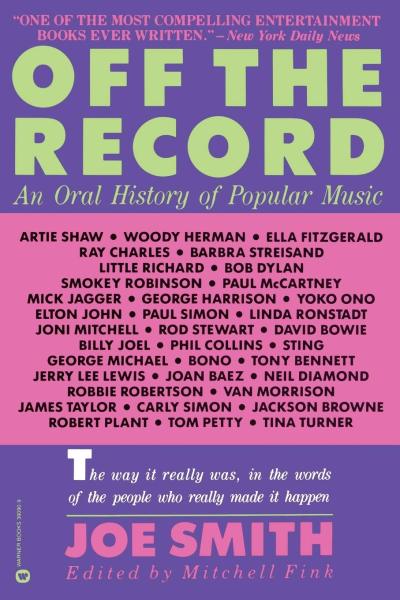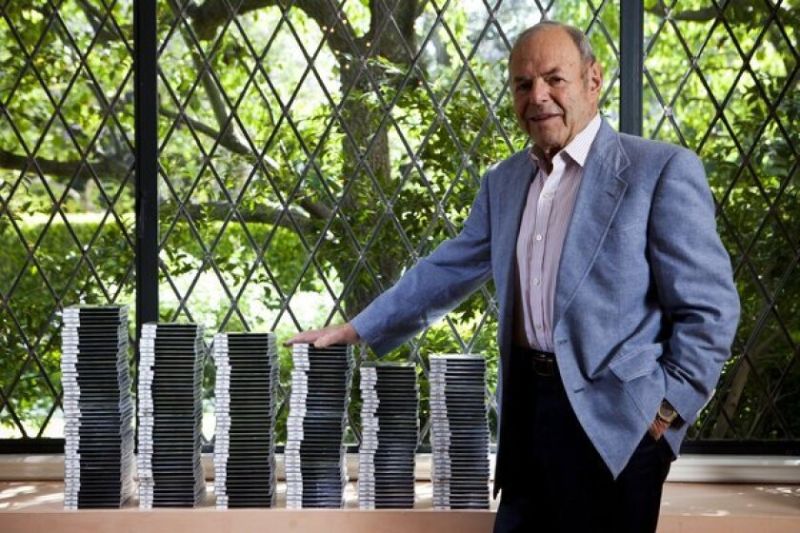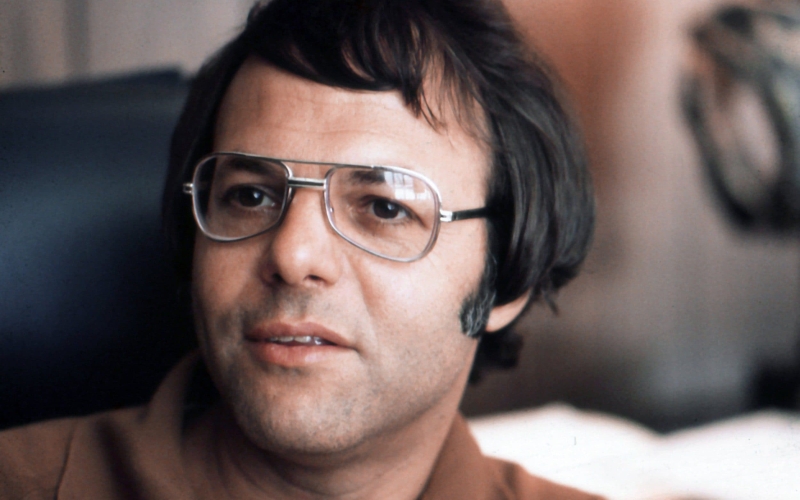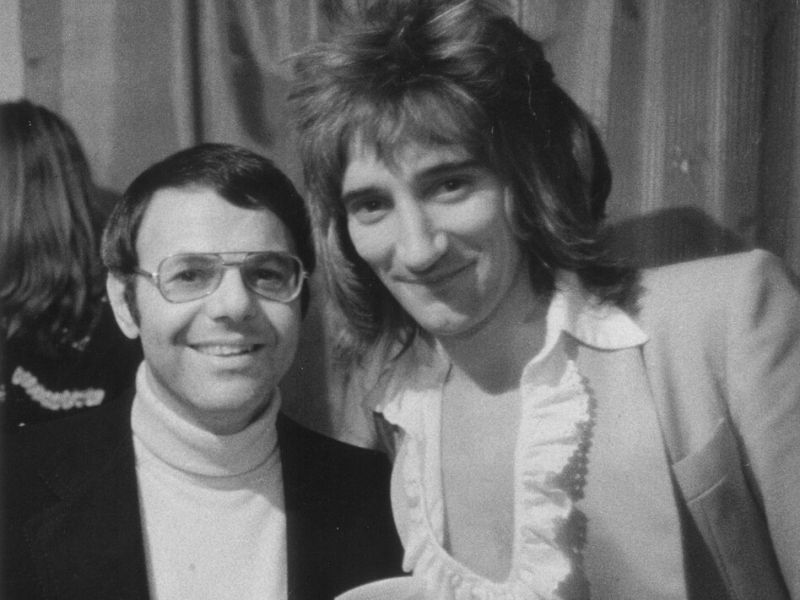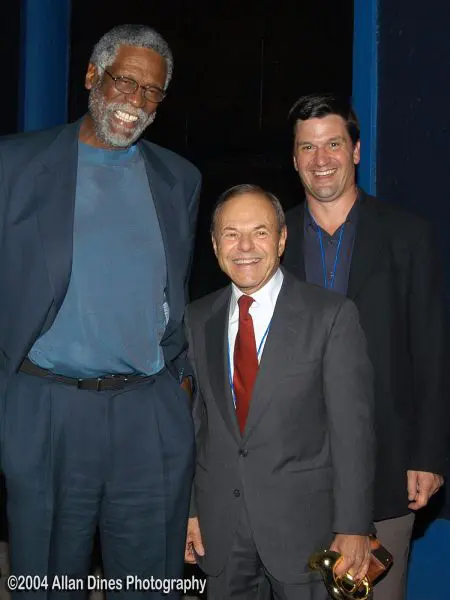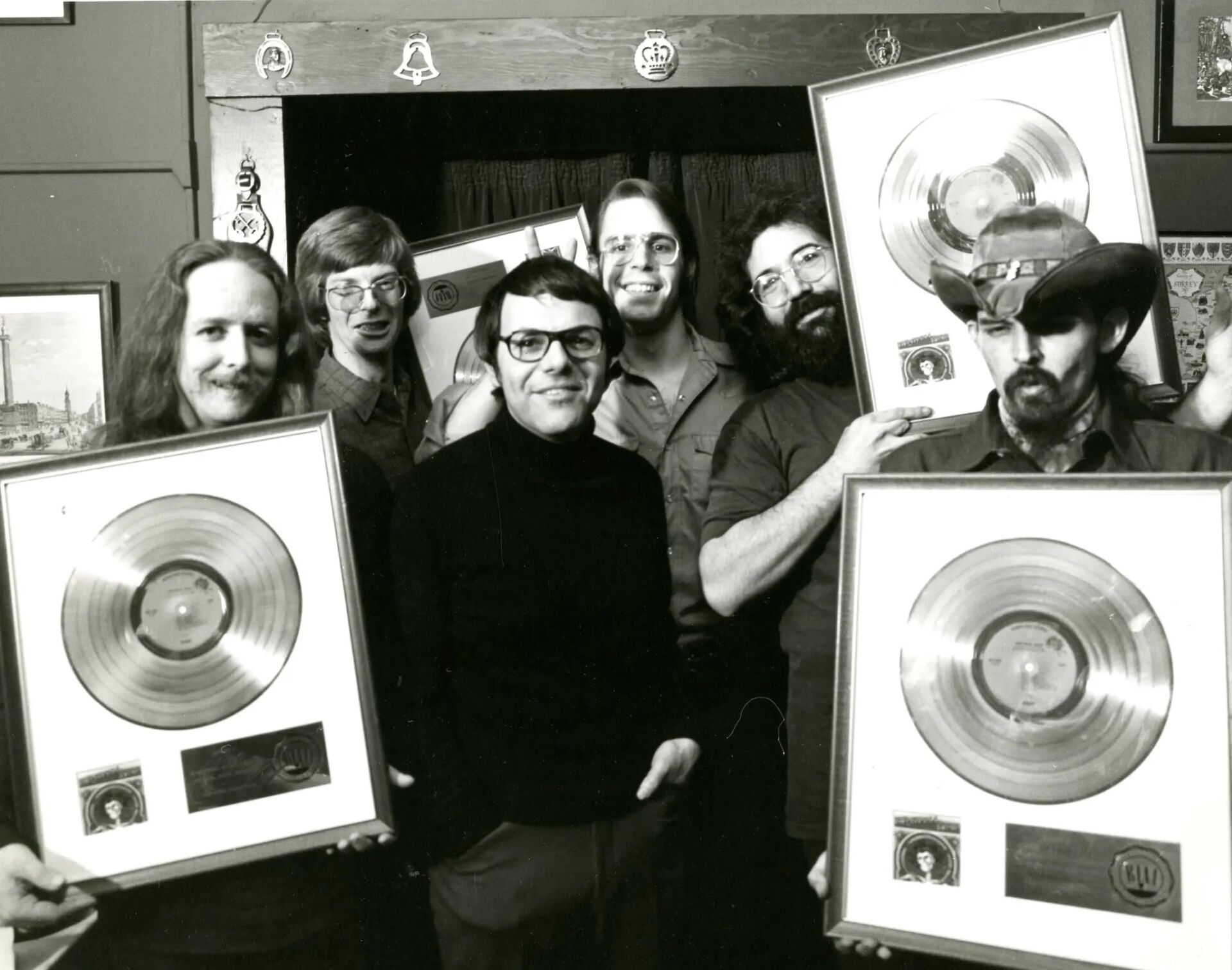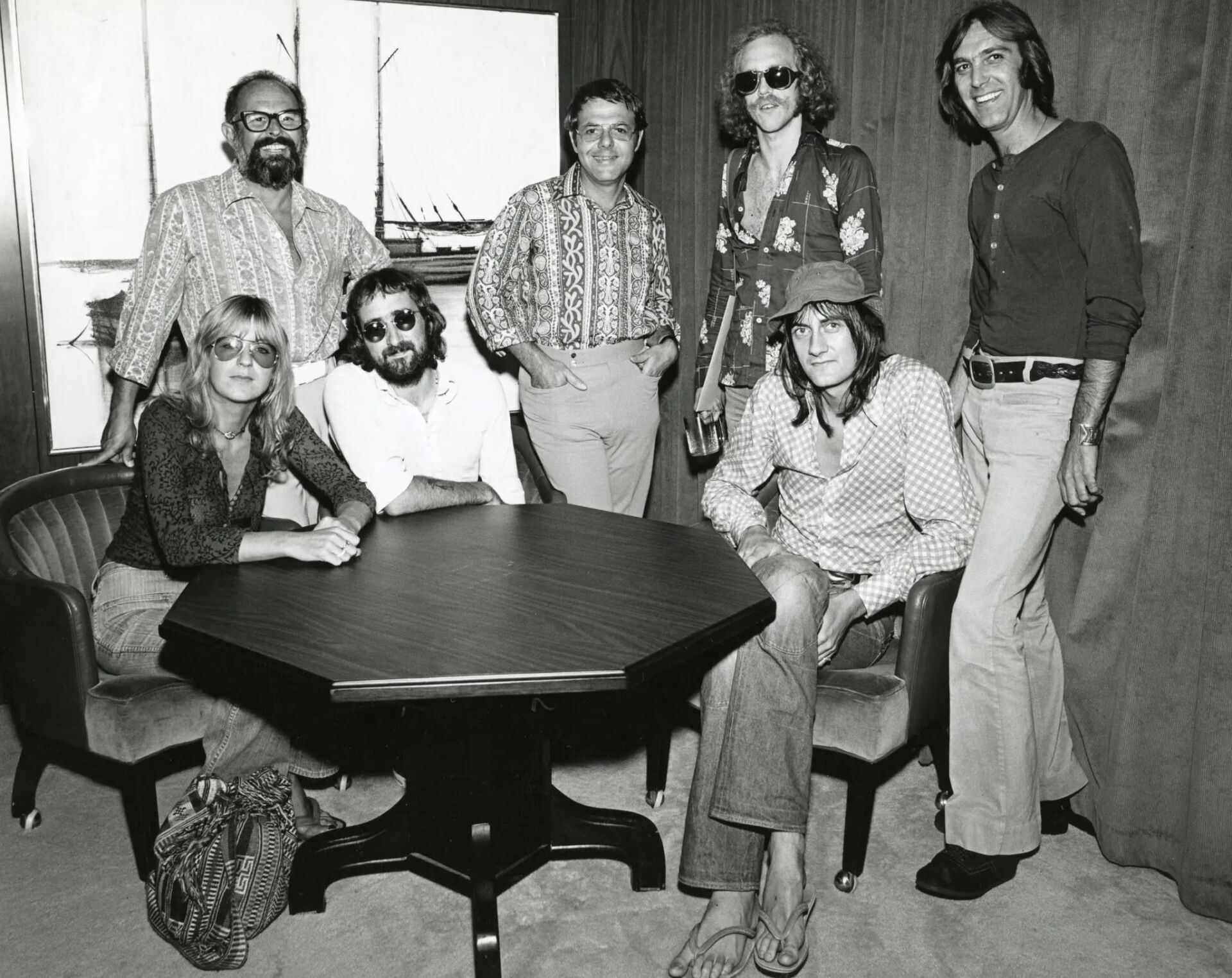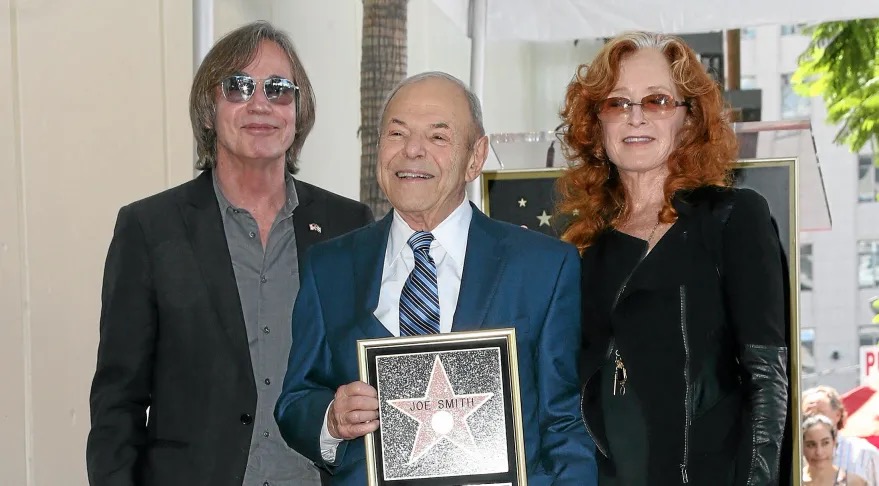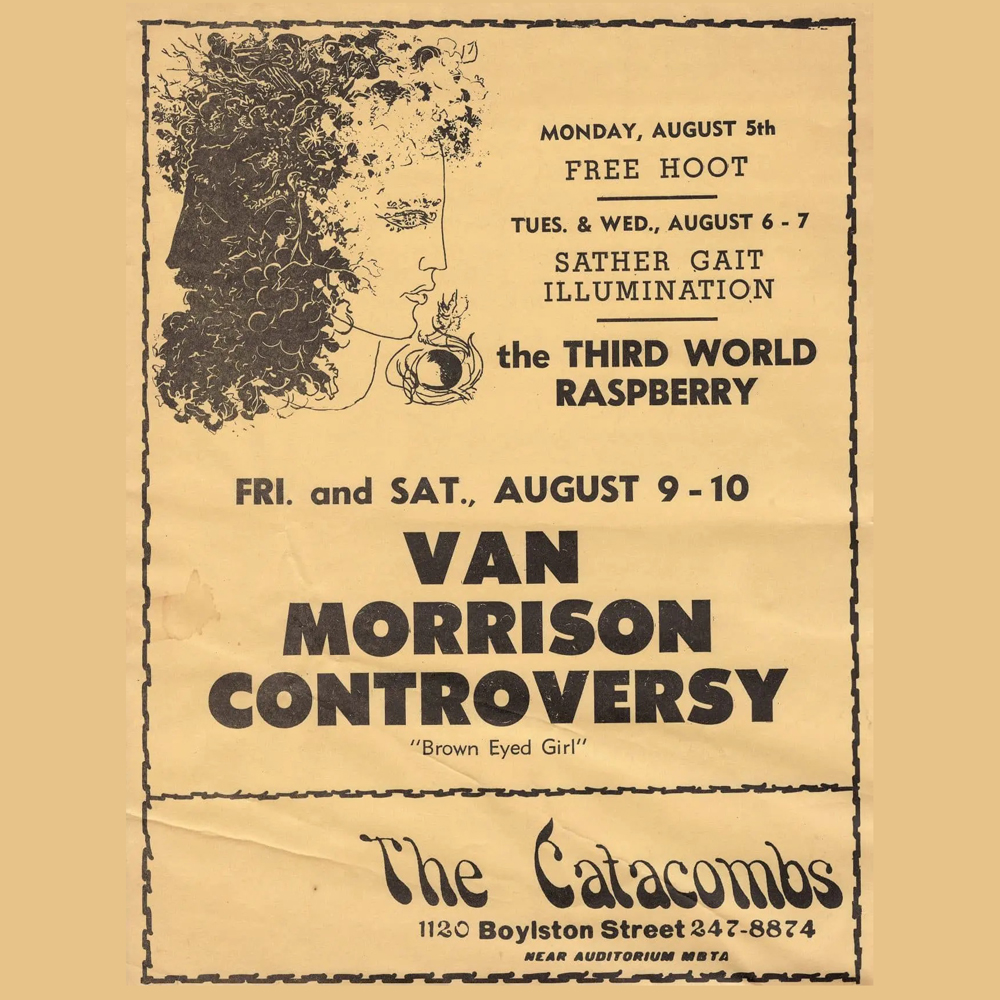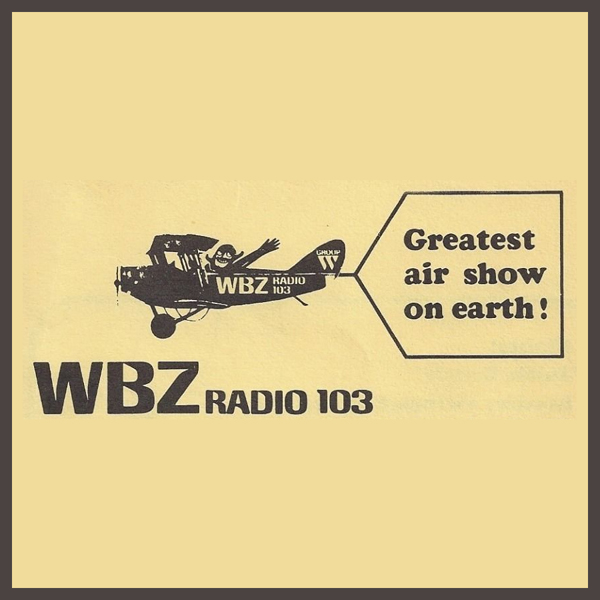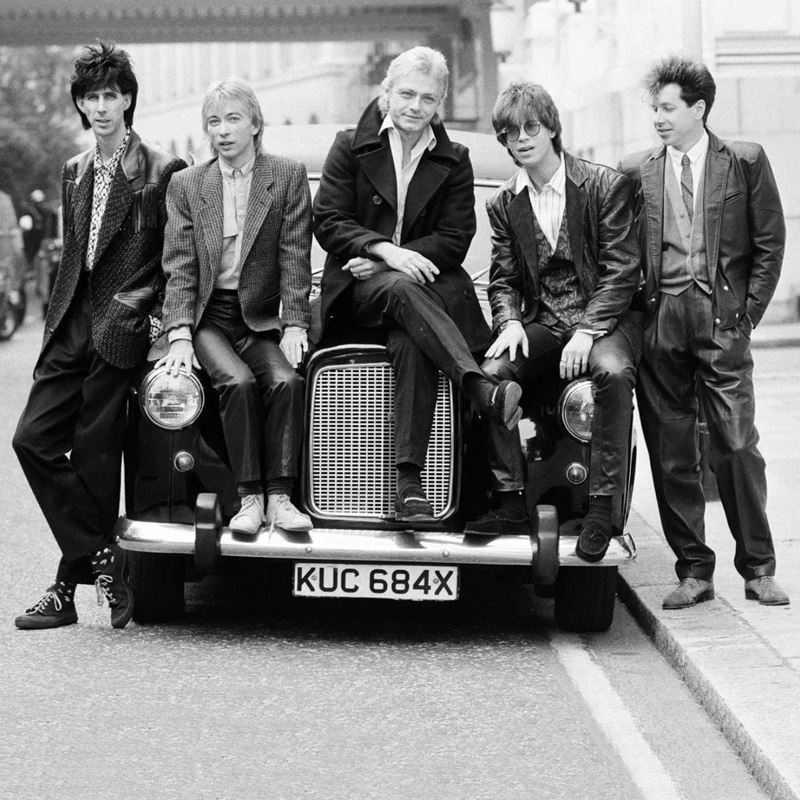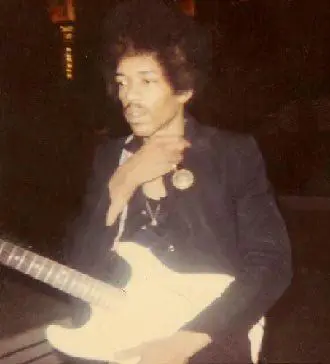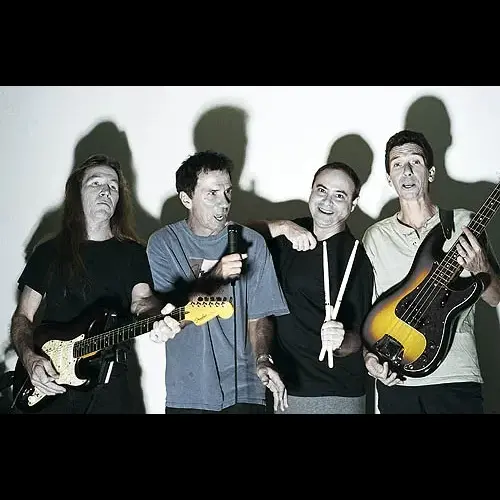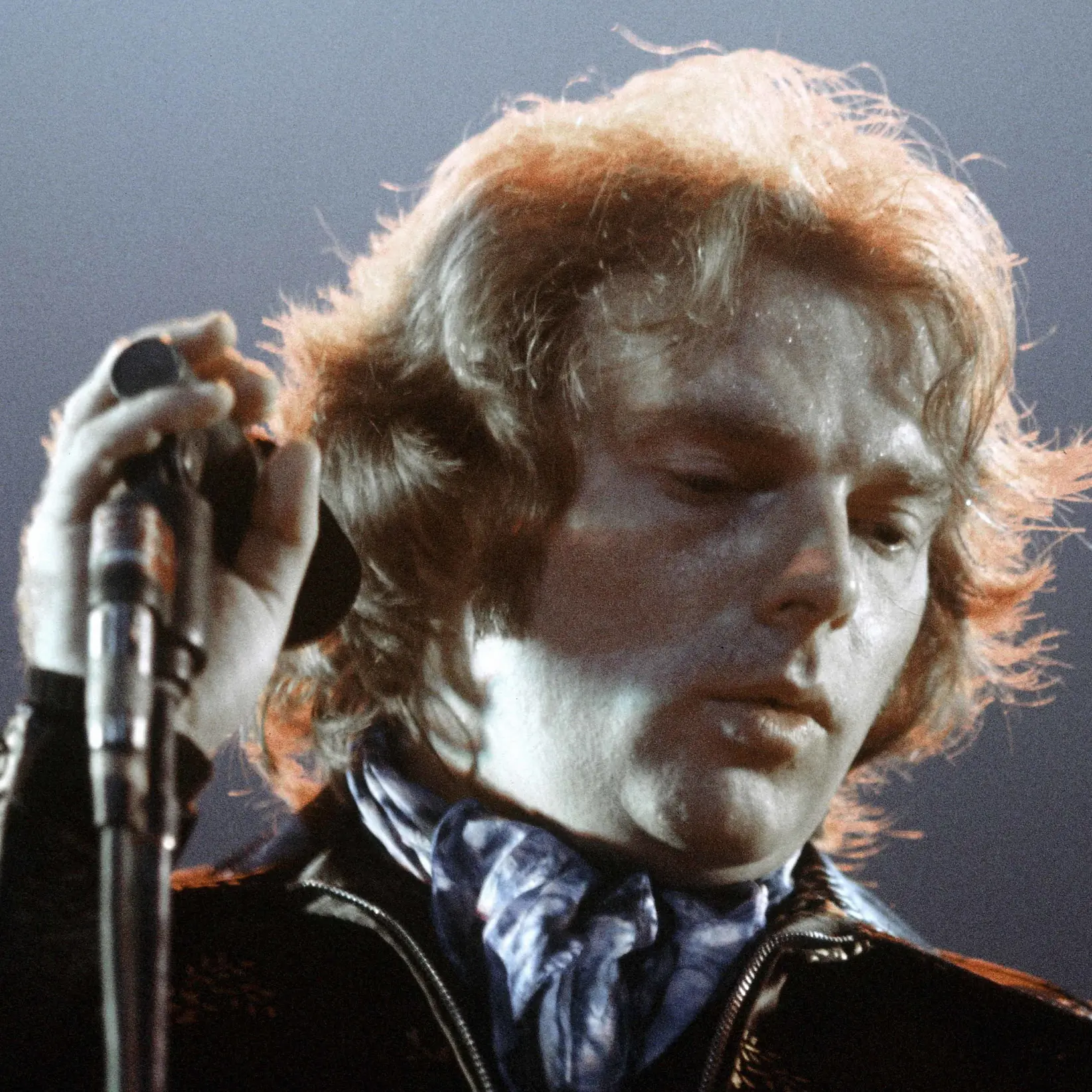Joe Smith

There are many words you can use to describe recording-industry executive Joe Smith – giant, mogul, titan, maestro, nobility, captain, kingpin, doyen, VIP – but they all sound trite. The most common catch-all is “legend,” but even that doesn’t quite capture the scope of his vision, the scale of his foresight, or the singularity of his place in the history of rock music.
Musical beginnings
Born in Boston on January 26, 1928 and raised in nearby Chelsea, Smith spent his pre-rock-and-roll childhood listening to jazz, especially Count Basie, Duke Ellington and Stan Getz. In May 1945, he joined the Army – straight out of high school – and several months later he served with the post-WWII occupation forces on Okinawa.
Upon his return to the US in 1946, he enrolled at Yale, graduating in 1950 and becoming a deejay at Boston-based WMEX, an AM station where he played jazz records exclusively until 1957, when the station switched from a jazz to a rock format. In 1958, Smith left WMEX for WBZ in Boston (which transmitted the most powerful signal in New England), where he played rock and R&B. In 1960, he testified before Congress in the famed payola hearings.
Move to Los Angeles, Warner Bros.
In 1961, 33-year-old Smith moved to Los Angeles and, after working in radio briefly, took a job at Warner Bros. as national promotion manager. Rocketing up the ranks, in 1972 he was named company president – at age 44.
When he first joined Warner, its cash cows were the Everly Brothers and Bob Newhart and – in an intense race with its competitors to acquire talent – the label was champing at the bit to capitalize on rock music’s ever-expanding share of the market. Smith’s prescient signings – among them Peter, Paul and Mary, Van Morrison, Jimi Hendrix, The Doobie Brothers, Alice Cooper, Black Sabbath, America, Deep Purple and The Grateful Dead – put Warner in the winner’s circle.
Elektra/Asylum, “Bohemian Rhapsody”
In 1975, Smith replaced David Geffen as chairman of Elektra/Asylum, Warner’s sister company, and went on to sign a who’s who of celebrated artists such as Joni Mitchell, Neil Young, Randy Newman, The Eagles, Linda Ronstadt, Jackson Browne, Queen, The Cars, Judy Collins, Carly Simon, Mötley Crüe, Hank Williams Jr. and X.
In 1976, in a bold move that many industry insiders thought was foolish and would be disastrous, Smith authorized the release of Queen’s six-minute-long “Bohemian Rhapsody” as a single, essentially flipping the bird at the unwritten-but-golden “three-minute rule.” The far-from-tragic result was that the song sold a million copies – within three months of its release. It peaked at #9 on the Billboard Hot 100 in ‘76, but in 1992 it soared to #2 after being included in the film Wayne’s World. In 2021, the song was certified diamond for sales of 10 million units.
Home Sports Entertainment, Capitol-EMI, Bonnie Raitt, Garth Brooks
In 1983, Smith left Elektra/Asylum – whether he jumped or was pushed remains uncertain – and announced that he was retiring from the music business. He became president of Home Sports Entertainment, a regional television network operated by Warner Amex Cable Communications.
In 1986, he abandoned his retirement to become vice chairman and chief executive of Capitol-EMI, whose crown jewel, Capitol Records, hadn’t been profitable for years. His monumental task was to resuscitate the label by signing new talent that best suited current and upcoming trends – the dawn of the CD era seemed to have caught Capitol off guard – and that’s precisely what he did.
Soon after taking the reins, Smith signed two acts that brought Capitol back from the brink of liquidation virtually overnight. The first was Bonnie Raitt, who Smith had signed to Warner Bros. in 1971 but who’d been released from that contract following the dismal results of her Nine Lives album in 1986. Smith welcomed Raitt to Capitol and the results were stellar: Nick of Time, released in 1989, sold five million copies and won three Grammys, including Album of the Year. Later Capitol releases won Raitt four more.
The other rabbit Smith pulled out his hat was Garth Brooks, who he signed to Capitol’s Nashville label. Brooks’ self-titled debut in 1989 reached #2 on the Billboard Top Country Albums chart and #13 in the Billboard 200; the album has since been certified diamond for sales of over 10 million.
Off the Record, Second retirement, Film cameos, Death
In 1989, Grand Central Publishing released Off the Record: An Oral History of Popular Music, a collection of over 100 interviews Smith had done with artists ranging from Ella Fitzgerald to David Lee Roth including some with New England roots such as Joan Baez, Carly Simon, James Taylor and Van Morrison. In 2012, Smith donated the interview tapes – 238 hours total – to the Library of Congress.
In 1993, at age 65, Smith retired – this time for good – although he dabbled in the entertainment business afterward, such as being executive producer of a World Cup appearance by the Three Tenors. During his time running labels, he made cameos in three music-related films, Jamboree (1957), FM (1978) and One Trick Pony (1980) and in 2014 he was awarded a star on the Hollywood Walk of Fame. Footage of him from the 1970s was included in Long Strange Trip, a film about the Grateful Dead released in 2017.
On December 2, 2019, seven decades and three labels after starting in the music business, Army veteran and Yale graduate Joe Smith passed away at age 91. He was, for lack of a better word, a legend.
(by D.S. Monahan)

